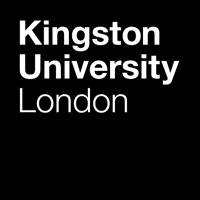fees waived
Civil Engineering, BEng (Hons)
Kingston University, United Kingdom
Subject ranking
UK / Guardian 2025 26th
UK / CUG 2026 48th
UK / Times 2025 55th
Costs
food & rentS$25K / year
Entry requirements
Scholarships
11 - 20 available
21 - 50 available
Unlimited quantity
Unlimited quantity
Unlimited quantity
Unlimited quantity
Limited quantity
Information
Code
Code
Intakes
Website (External)
Programmes
Information
Duration
2028
Kingston's civil engineering course is accredited by the Joint Board of Moderators, fully meeting the educational requirements for Incorporated Engineer status and partially for Chartered Engineer, with additional learning needed for full CEng qualification. Recognised with a Teaching Excellence Framework Gold rating, it equips students with essential skills in engineering design, sustainability, and digital technologies to address global challenges like climate change. The curriculum covers topics such as structural analysis, hydraulics, geotechnical engineering, and advanced modelling, delivered through practical labs, site visits, and field trips.Future skills like problem-solving and adaptability are integrated throughout, preparing graduates for careers in civil engineering and construction. Assessment includes exams, coursework, and practical exercises, with modules like Fluid and Soil Mechanics and Engineering Project Management. Graduates often pursue industry roles or further studies, supported by professional affiliations with bodies such as the Institution of Civil Engineers and the Institute of Highway Engineers.
Example modules: – Fluid and Soil Mechanics – Exploring Engineering Project Management – Engineering Geodesy and GIS To view the full list of modules, please visit the University course webpage.
A local representative of Kingston University in Singapore is available online to assist you with enquiries about this course.

